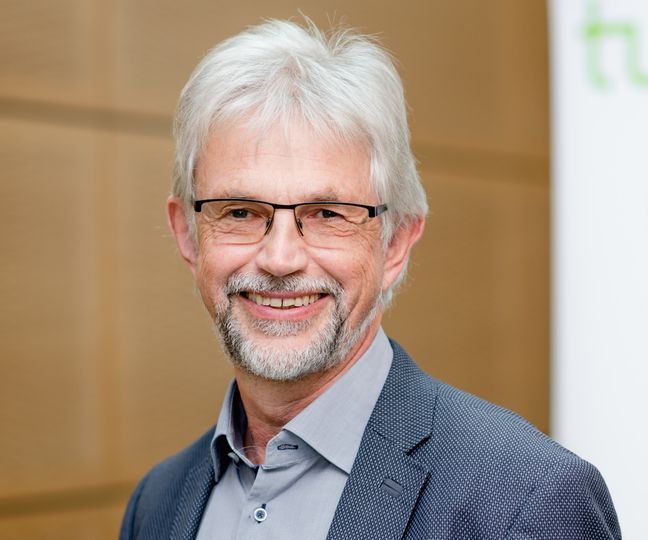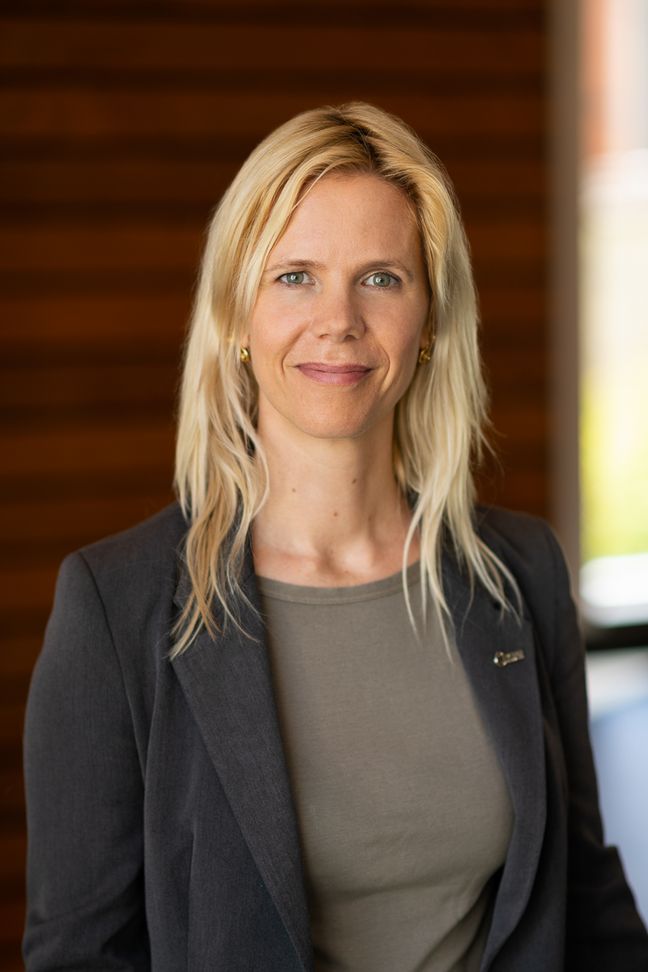Keynotes & panels

Jürgen HowaldtSocial Research Center Dortmund (Germany)

Marion CarrelUniversité de Lille

Béatrice AlainChantier de l'économie sociale

Dominique DaigneaultConfédération des syndicats nationaux

Bertrand FoussMultitudes & Transition en commun

Claudia Fiore-LeducRegroupement québécois de l'action communautaire autonome

Tamatoa Bambridge

Yenny Vega Cárdenas

René AudetUniversité du Québec à Montréal

Benoît LévesqueUniversité du Québec à Montréal

Juan-Luis KleinUniversité du Québec à Montréal

Sylvain A. LefèvreUniversité du Québec à Montréal

Sonia Tello-RozasUniversité du Québec à Montréal